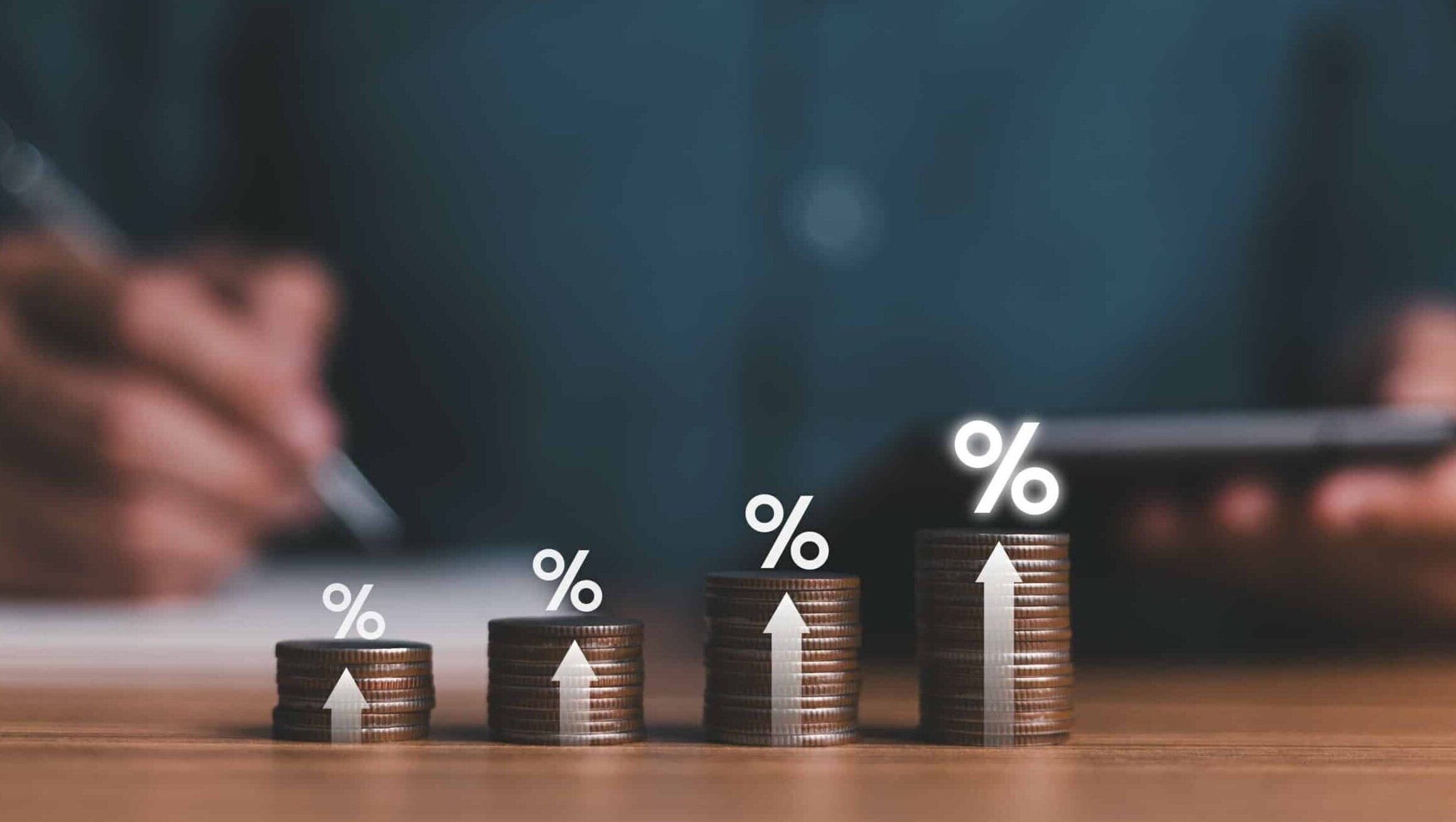US election years are a time of heightened uncertainty for investors, as political outcomes in the US can have significant implications for the global economy and financial markets. Historically, the stock market tends to exhibit certain patterns in the months preceding US elections as investors navigate the landscape of potential policy changes and their impact on corporate earnings.
One common trend leading up to US elections is heightened volatility. Investors may become more risk-adverse as election day approaches, leading to increased fluctuations in stock prices. This volatility can be driven by a variety of factors, including opinion polls, political events, and policy proposals from candidates. As a result, investors may see larger swings in the market during this period, as uncertainty prevails.
This year, we will have a front seat to the theatre of another US election campaign, most likely to be fought out between Joe Biden and Donald Trump. And this year will be unique, as both candidates will be fighting for their second term in the Oval Office, and if we look at history, markets tend to rally once a President enters their second term (with the exception of Obama, who it seems the market didn’t like at all!).
S&P500 Performance first 5 days after election

Source: Refinitive
Despite the uncertainty and volatility that accompany US election years, it’s important for investors to maintain a medium to long-term perspective. While short-term market movements may be influenced by political developments, the underlying drivers of stock returns, such as earnings growth and corporate performance, ultimately play a more significant role in determining long-term investment outcomes.
Times of increased volatility can offer investors with at least a medium term view value buying opportunities, and this year, many analysts are predicting an increase in earnings across the board. This year we also have other factors to consider, such as inflation and interest rates, which many predict will fall back to so called ‘normal’ levels this year, which would generally see increased inflows into equity markets. And if the economists are correct, and interest rates do come off this year, its fair to assume that equity markets should end higher this year, despite the increased volatility we expect to see during the US election campaign.
Looking back at history, overall market performance seems to be positive no matter which party is in the Oval Office. Typically a Republican Presidency will offer lower taxes with less red tape, while Democratic Presidency’s generally offer more stimulus into the economy.
The media have already started having a field day with President Biden’s age, and Donald Trump seems to have the support of the Republicans, so regardless of who wins, it should be very entertaining!



